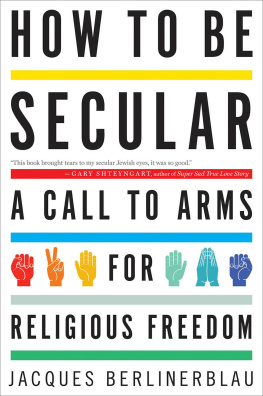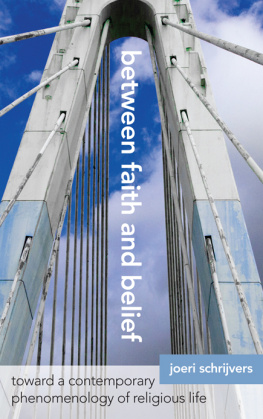Martin Hägglund - Secular Faith and Spiritual Freedom
Here you can read online Martin Hägglund - Secular Faith and Spiritual Freedom full text of the book (entire story) in english for free. Download pdf and epub, get meaning, cover and reviews about this ebook. year: 2019, publisher: Knopf Doubleday Publishing Group, genre: Religion. Description of the work, (preface) as well as reviews are available. Best literature library LitArk.com created for fans of good reading and offers a wide selection of genres:
Romance novel
Science fiction
Adventure
Detective
Science
History
Home and family
Prose
Art
Politics
Computer
Non-fiction
Religion
Business
Children
Humor
Choose a favorite category and find really read worthwhile books. Enjoy immersion in the world of imagination, feel the emotions of the characters or learn something new for yourself, make an fascinating discovery.
- Book:Secular Faith and Spiritual Freedom
- Author:
- Publisher:Knopf Doubleday Publishing Group
- Genre:
- Year:2019
- Rating:3 / 5
- Favourites:Add to favourites
- Your mark:
- 60
- 1
- 2
- 3
- 4
- 5
Secular Faith and Spiritual Freedom: summary, description and annotation
We offer to read an annotation, description, summary or preface (depends on what the author of the book "Secular Faith and Spiritual Freedom" wrote himself). If you haven't found the necessary information about the book — write in the comments, we will try to find it.
Secular Faith and Spiritual Freedom — read online for free the complete book (whole text) full work
Below is the text of the book, divided by pages. System saving the place of the last page read, allows you to conveniently read the book "Secular Faith and Spiritual Freedom" online for free, without having to search again every time where you left off. Put a bookmark, and you can go to the page where you finished reading at any time.
Font size:
Interval:
Bookmark:
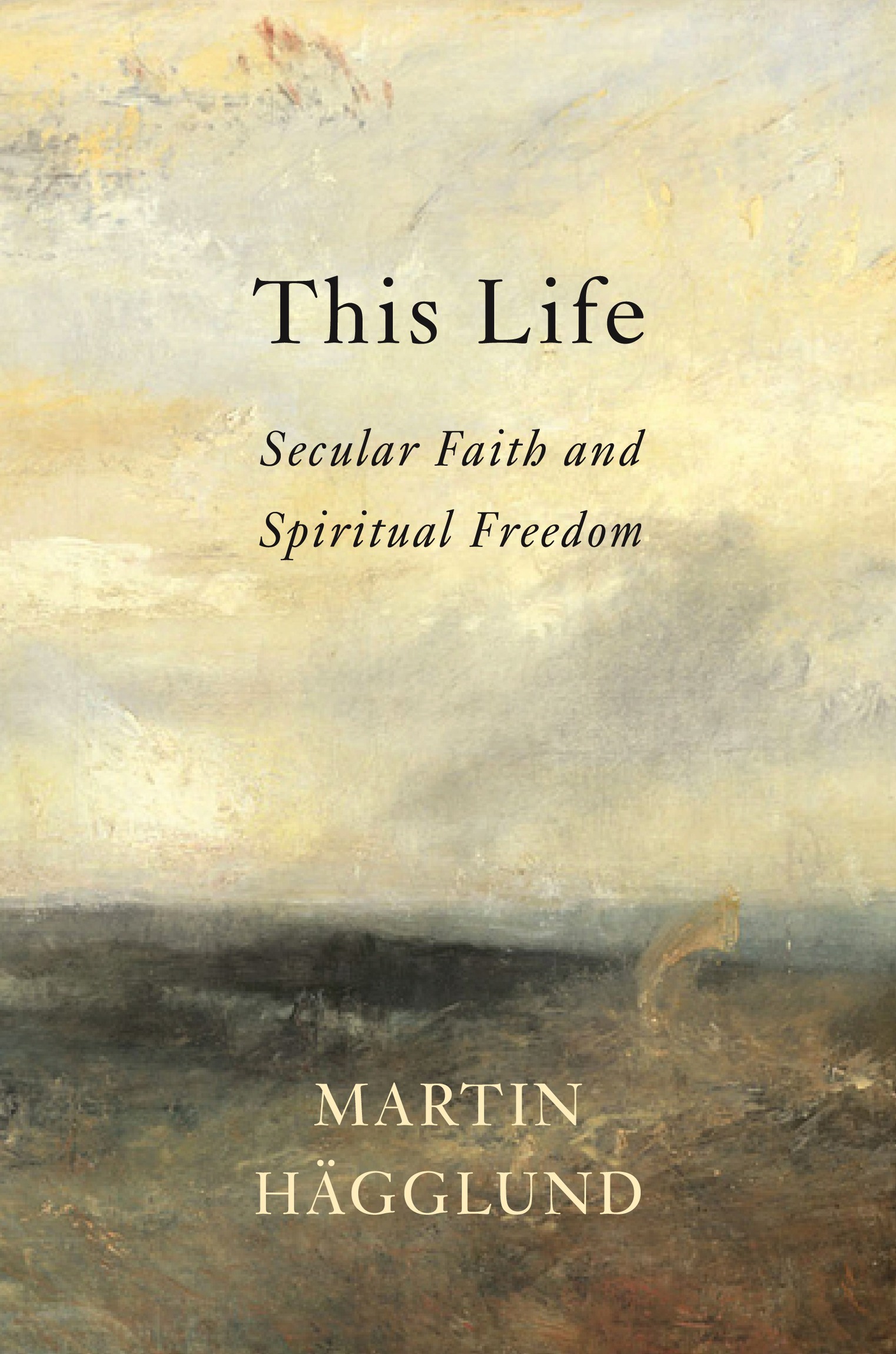
Dying for Time: Proust, Woolf, Nabokov
Radical Atheism: Derrida and the Time of Life
Kronofobi: Esser om tid och ndlighet
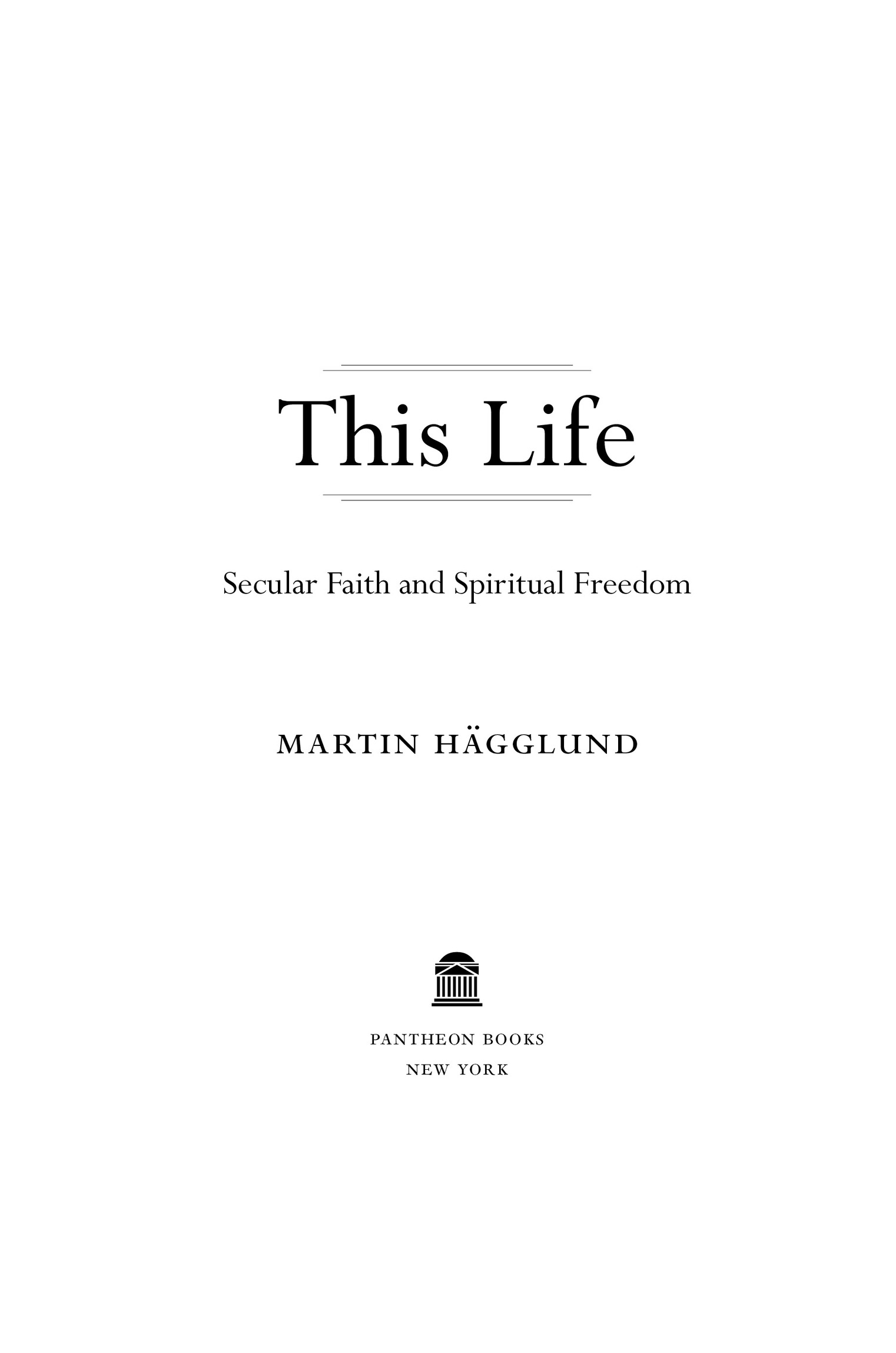
Copyright 2019 by Martin Hgglund
All rights reserved. Published in the United States by Pantheon Books, a division of Penguin Random House LLC, New York, and distributed in Canada by Random House of Canada, a division of Penguin Random House Canada Limited, Toronto.
Pantheon Books and colophon are registered trademarks of Penguin Random House LLC.
A portion of chapter 2 first appeared, in slightly different form, as Knausgaards Secular Confession in boundary 2 (www.boundary2.org) on August 23, 2017.
Library of Congress Cataloging-in-Publication Data
Name: Hgglund, Martin, author.
Title: This life : secular faith and spiritual freedom / Martin Hgglund.
Description: New York : Pantheon Books, 2019. Includes bibliographical references and index.
Identifiers: LCCN 2018029429. ISBN 9781101870402 (hardcover : alk. paper). ISBN 9781101870419 (ebook).
Subjects: LCSH: Finite, The. Meaning (Philosophy). Secularism.
Classification: LCC BD411 .H34 2019 | DDC 110dc23 | LC record available at lccn.loc.gov/2018029429
Ebook ISBN9781101870419
www.pantheonbooks.com
Cover image: Margate, from the Sea (detail) by Joseph Mallord William Turner. Photo National Gallery, London/Art Resource, N.Y.
Cover design by Kelly Blair
v5.4
ep
For my friend
Niklas Brismar Plsson
with whom all time is free time
If I were in heaven, Nelly, I should be extremely miserable.I dreamt, once, that I was there.Heaven did not seem to be my home; and I broke my heart with weeping to come back to earth; and the angels were so angry that they flung me out, into the middle of the heath on the top of Wuthering Heights, where I woke sobbing for joy.
EMILY BRONT, Wuthering Heights
My family comes from northern Sweden. The house where my mother was born, and where I have spent every summer of my life, is on the Baltic Sea. The dramatic landscapewith its sweeping forests, ragged mountains, and tall cliff formations looming over the seais carved out by the descent of the ice from the last glacial period, twelve thousand years ago. The land is still rising, the retreat of the glaciers allowing further parts of the landscape to emerge. What used to be the sandy bottom of the sea when my mother was a child is now part of our garden. The rocks under my feet are a reminder of the geological time in which we are but a speck. Being there, the brevity of my life is made salient by the forms of time to which I am recalled. As I step into the house where my grandmother lives, I can see our family tree on the wallfragile lines of farmers and rural workers reaching back into the sixteenth century. As I climb the mountains that rise out of the ocean, I can see the scale of glacial time, still forming the landscape in which we find ourselves.
To return to my family house is to be reminded of how my life is dependent on history: both the natural history of evolution and the social history of those who came before me. Who I can be and what I can do is not generated solely by me. My life is dependent on previous generations and on those who took care of me, with all of us in turn dependent on a history of the Earth that so easily could have been different and that might never have brought any of us into being.
Moreover, my life is historical in the sense that it is oriented toward a future that is not given. The worlds of which I am a part, the projects I sustain and that sustain me, can flourish and change in a dynamic way, but they can also break apart, atrophy, and die. The worlds that open up through my family and friends, the projects that shape my work and political commitments, carry the promise of my life but also the risk that my life will be shattered or fail to make sense. In a word, both my life and the projects in which I am engaged are finite.
To be finite means primarily two things: to be dependent on others and to live in relation to death. I am finite because I cannot maintain my life on my own and because I will die. Likewise, the projects to which I am devoted are finite because they live only through the efforts of those who are committed to them and will cease to be if they are abandoned.
The thought of my own death, and the death of everything I love, is utterly painful. I do not want to die, since I want to sustain my life and the life of what I love. At the same time, I do not want my life to be eternal. An eternal life is not only unattainable but also undesirable, since it would eliminate the care and passion that animate my life. This problem can be traced even within religious traditions that espouse faith in eternal life. An article in U.S. Catholic asks: Heaven: Will It be Boring? The article answers no, for in heaven souls are called not to eternal rest but to eternal activityeternal social concern. Yet this answer only underlines the problem, since there is nothing to be concerned about in heaven. Concern presupposes that something can go wrong or can be lost; otherwise we would not care. An eternal activityjust as much as an eternal restis of concern to no one, since it cannot be stopped and does not have to be maintained by anyone. The problem is not that an eternal activity would be boring but that it would not be intelligible as my activity. Any activity of mine (including a boring activity) requires that I sustain it. In an eternal activity, there cannot be a person who is boredor involved in any other waysince an eternal activity does not depend on being sustained by anyone.
Far from making my life meaningful, eternity would make it meaningless, since my actions would have no purpose. What I do and what I love can matter to me only because I understand myself as mortal. The understanding of myself as mortal does not have to be explicit and theoretical but is implicit in all my practical commitments and priorities. The question of what I ought to do with my lifea question that is at issue in everything I dopresupposes that I understand my time to be finite. For the question of how I should lead my life to be intelligible as a question, I have to believe that I will die. If I believed that my life would last forever, I could never take my life to be at stake and I would never be seized by the need to do anything with my time. I would not even be able to understand what it means to do something sooner rather than later in my life, since I would have no sense of a finite lifetime that gives urgency to any project or activity.
The sense of my own irreplaceable life, then, is inseparable from my sense that it will end. When I return to the same landscape every summer, part of what makes it so poignant is that I may never see it again. Moreover, I care for the preservation of the landscape because I am aware that even the duration of the natural environment is not guaranteed. Likewise, my devotion to the ones I love is inseparable from the sense that they cannot be taken for granted. My time with family and friends is precious because we have to make the most of it. Our time together is illuminated by the sense that it will not last forever and we need to take care of one another because our lives are fragile.
Font size:
Interval:
Bookmark:
Similar books «Secular Faith and Spiritual Freedom»
Look at similar books to Secular Faith and Spiritual Freedom. We have selected literature similar in name and meaning in the hope of providing readers with more options to find new, interesting, not yet read works.
Discussion, reviews of the book Secular Faith and Spiritual Freedom and just readers' own opinions. Leave your comments, write what you think about the work, its meaning or the main characters. Specify what exactly you liked and what you didn't like, and why you think so.

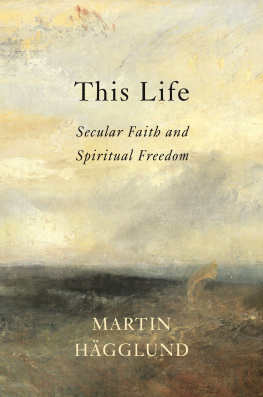
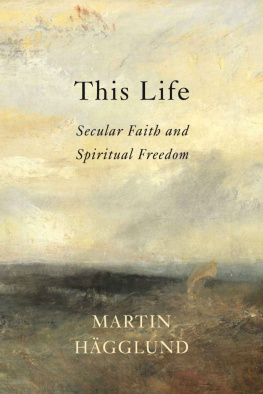
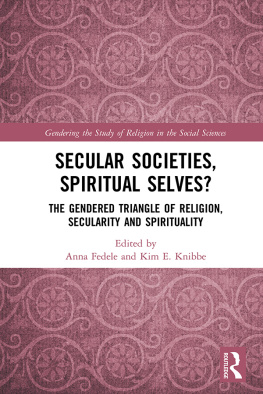
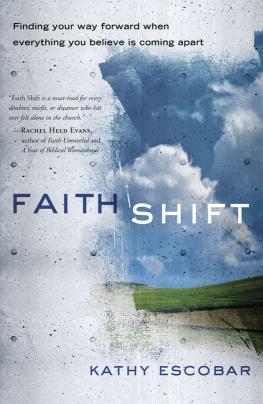
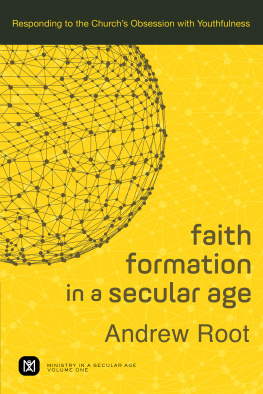


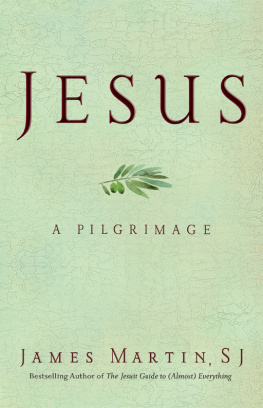
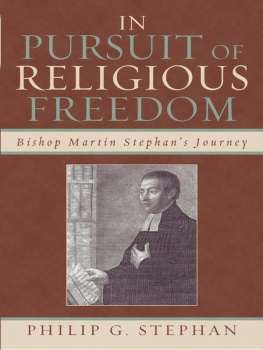

![Blackford - Freedom of religion [and] the secular state](/uploads/posts/book/167779/thumbs/blackford-freedom-of-religion-and-the-secular.jpg)
